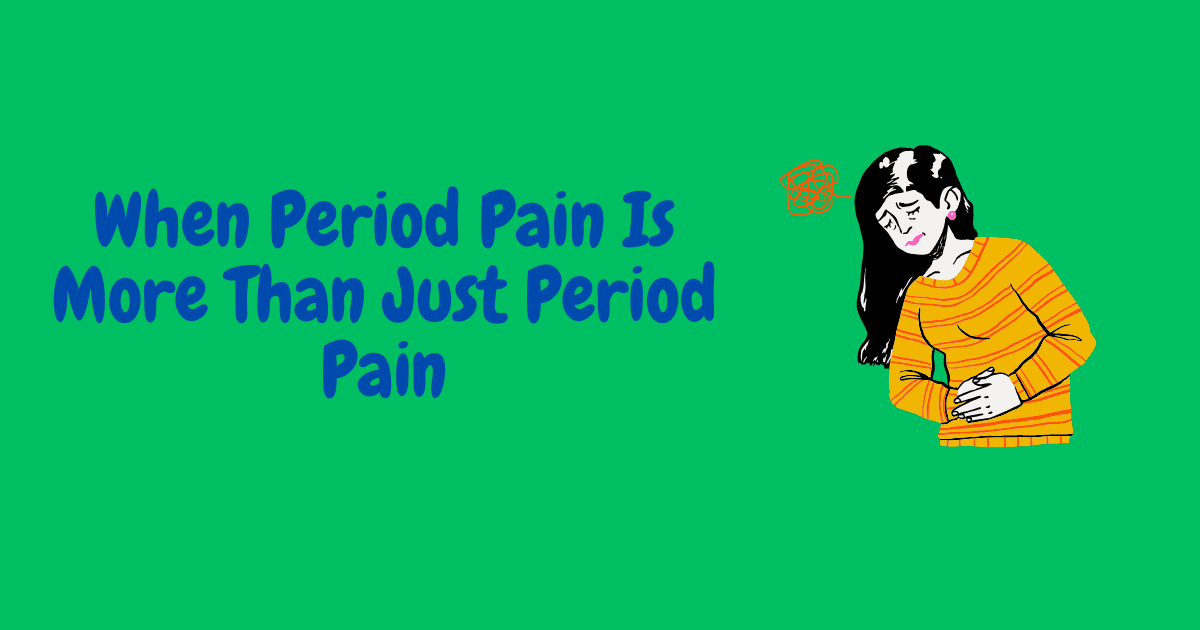For years, we’ve been told that 10,000 steps a day is the magic number for good health. Fitness trackers buzz at us, health apps send reminders, and wellness gurus preach this gospel like it’s written in stone. But here’s some liberating news: science now shows that 7,000 steps daily might be all you need to unlock major health benefits.
This isn’t just another fitness trend. For us Kenyans, this discovery could be a real game-changer, especially as we grapple with rising lifestyle diseases and the hustle of modern life. Let’s dive into why walking 7,000 steps might be the most practical health hack you’ll discover this year.
The Science That’s Changing Everything
Recent research has turned the 10,000-step rule on its head. A comprehensive study tracking thousands of people found that the sweet spot for health benefits actually kicks in around 7,000 steps daily. Beyond this point, the advantages start to plateau, meaning you’re not missing out on much by stopping at 7,000 instead of pushing to 10,000.
What exactly happens when you hit that 7,000-step mark? The health benefits are impressive:
- Lower diabetes risk by up to 70%
- Reduced heart disease chances significantly
- Better mental health with lower rates of depression
- Decreased dementia risk as you age
- Lower cancer rates across multiple types
The beauty lies in what researchers call the “plateau effect.” While some benefits continue beyond 7,000 steps, the dramatic health improvements mostly happen between 4,000 and 7,000 steps. After 9,000 steps, you’re essentially getting diminishing returns on your walking investment.
Why This Matters
Walk through any Kenyan town or city, and you’ll notice something remarkable: we’re a walking culture. From the woman balancing goods on her head as she walks to the market to the office worker striding to catch a matatu, walking is woven into our daily fabric. Yet, urbanisation and changing lifestyles are shifting this pattern.
The timing of this 7,000-step revelation couldn’t be better. Kenya is experiencing a health transition that’s frankly alarming. Diabetes cases have skyrocketed, with over 2 million Kenyans now living with the condition. Hypertension affects nearly 1 in 4 adults, and heart disease is climbing the list of leading causes of death. These aren’t just statistics; they’re our relatives, neighbours, and colleagues.
Mental health challenges are also on the rise, particularly in urban areas where the pace of life can feel overwhelming. Here’s where walking becomes powerful: it’s not just physical medicine but mental therapy too. Those 7,000 steps can literally walk away stress, anxiety, and the blues.
The best part? Walking costs absolutely nothing. No gym membership, no fancy equipment, no monthly subscriptions. In a country where many people are carefully managing their finances, this accessibility makes walking the ultimate democratic health intervention.
Start Where You Are: Even 4,000 Steps Count
Here’s something that might surprise you: you don’t need to jump straight to 7,000 steps. The research shows that even moving from a sedentary lifestyle to just 4,000 steps daily brings significant health improvements. For someone currently doing 2,000 steps, doubling to 4,000 steps reduces health risks substantially.
This is particularly encouraging for our busy urban workers. If you’re spending long hours in traffic, sitting in meetings, or glued to a computer screen, don’t feel defeated by the 7,000-step target. Start with parking a bit further from the office, taking one flight of stairs instead of the elevator, or walking to the nearest shop instead of driving.
The goal is progress, not perfection. Every additional step is an investment in your future health.
Special Benefits for Our Elders and Those Managing Chronic Conditions
Kenya’s respect for elders runs deep, and this research brings particularly good news for our older family members. Studies show that for adults over 60, even 6,000 to 8,000 steps daily can dramatically reduce cardiovascular risks. This is life-changing information for grandparents managing hypertension or diabetes.
Walking is gentle enough for most people with chronic conditions yet powerful enough to help manage these very conditions. For someone with diabetes, those 7,000 steps help regulate blood sugar naturally. For hypertension patients, regular walking can be as effective as some medications in lowering blood pressure.
The social aspect matters too. In many Kenyan communities, walking can become a group activity. Whether it’s the early morning walking groups you see in estates or the evening strolls after church, these activities combine health benefits with social connection.

Making 7,000 Steps Work in Real Kenyan Life
Let’s get practical. How do you actually achieve 7,000 steps when life gets busy? The secret lies in leveraging our existing walking culture and finding small opportunities throughout the day.
Morning strategies: Wake up 20 minutes earlier and take a brisk walk around your estate or neighbourhood. Many Kenyans are already early risers, so this fits naturally into existing routines. If you live in an apartment complex, walking up and down the stairs a few times adds up quickly.
Commute cleverly: Instead of taking a boda or matatu right to your doorstep, get off one or two stops early and walk the rest. If you drive, park further away from your destination. These small changes can easily add 1,000 to 2,000 steps to your day.
Work walking: Take the stairs instead of elevators in office buildings or malls. Use lunch breaks for short walks around the block. If you work in a multi-storey building, take calls while walking up and down the corridor.
Evening opportunities: After dinner, take a family walk around the compound or neighbourhood. This is especially pleasant during Kenya’s beautiful evenings and creates quality time with loved ones.
Weekend warrior: Market days, church visits, and community gatherings are perfect for extra steps. Instead of driving right to the entrance, park further away and enjoy the walk.
Social stepping: Join or create walking groups in your area. Many estates and churches have morning or evening walking clubs. The social aspect makes it more enjoyable and sustainable.
The beauty of reaching 7,000 steps is that it happens naturally when you make small, consistent choices throughout the day. You don’t need one long walk; rather, it’s the accumulation of movement that counts.
Your Health Revolution Starts Today
Here’s the bottom line: 7,000 steps daily is realistic, affordable, and incredibly powerful for better health. It respects our Kenyan walking culture while adapting to modern life realities. You don’t need expensive gym memberships or complicated workout routines. You need your feet, comfortable shoes, and the commitment to move.
Start where you are right now. If you’re currently doing 3,000 steps, aim for 4,000. If you’re at 5,000, push toward 6,000. Build gradually, celebrate small wins, and watch as your health transforms step by step.
Remember, every step is a step away from lifestyle diseases and toward a healthier, happier you. In a world full of complicated health advice, sometimes the simplest solutions are the most powerful. Walking 7,000 steps daily might just be the health revolution Kenya needs.
So lace up those shoes, step out your door, and start walking toward better health. Your body, mind, and future self will thank you for every single step.












Leave a Reply